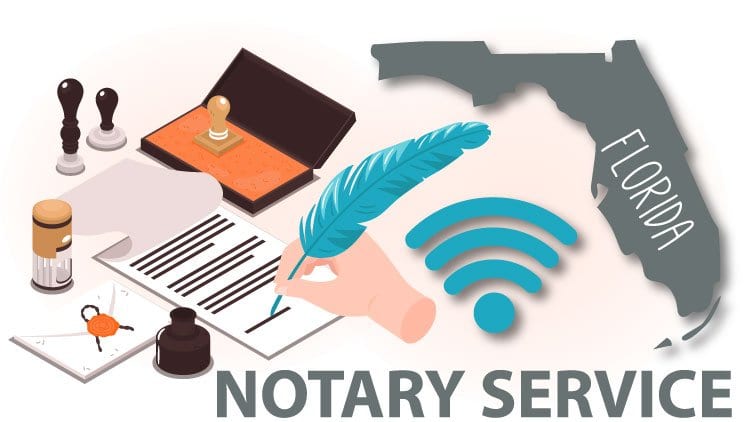Deceased Estate Management: Taking Care Of Properties and Matters After Passing
Deceased Estate Management: Taking Care Of Properties and Matters After Passing
Blog Article
Debunking Notarial Work: Streamlining the Role and Value of Notaries
Their duty, often shrouded in enigma for numerous, carries significant weight in guaranteeing the validity and stability of vital files. By untangling the complexities bordering notarial practices and shedding light on the significance of their acts, a clearer understanding arises of the important function notaries play in upholding the material of contractual and lawful agreements.
The Background of Notarial Job
The background of notarial job days back to old human beings, where scribes played an important function in tape-recording essential details and confirming papers. This led to the advancement of notaries, people appointed by the state to act as unbiased witnesses in lawful matters.
Throughout the Center Ages, notaries acquired prominence in Europe, with their functions broadening to consist of composing legal records, certifying signatures, and preserving records. The increase of global trade additionally emphasized the value of notarial work in validating contracts and agreements across boundaries.
In the modern-day age, notaries proceed to play a vital duty in legal and company deals by validating identities, confirming the authenticity of files, and stopping fraud. Their role in accrediting the credibility of arrangements adds a layer of security and trust to the ever-evolving landscape of business and law.

Duties and Duties of Notaries
The historic advancement of notarial work from old people to the contemporary period has formed the unique obligations and duties that notaries support in lawful and business transactions today. Notaries play an important function in validating the credibility of files and the identification of notaries. One of their key responsibilities is to witness the signing of essential files, such as actions, wills, and contracts, to ensure that all events are participating in arrangements knowingly and voluntarily. Notaries also confirm that signatories are of audio mind and not under pressure or threat.
They license duplicates of initial documents, supplying guarantee to institutions that the duplicates are real reproductions of the originals. In general, the tasks and responsibilities of notaries are vital in safeguarding the integrity and legality of different records and transactions - DIRCO.
Notarial Certificates and Signatures
Exhibiting careful focus to detail, notarial certifications and signatures act as necessary elements in confirming the credibility of legal files. Notarial certificates normally include critical information such as the date of notarization, the names of the notaries, a description of the record, and the notary's main seal. These certifications give a clear document of the notarial act, making sure that the record can be quickly identified and mapped back to the notary that managed the process.
Trademarks play a crucial function in notarial job, as they represent the arrangement and consent of the parties included. Notaries carefully witness the finalizing of papers to confirm the identification of the signatories and validate that they are signing of their own free choice. By attaching their official seal and signature to the file, notaries accredit that the essential procedures have actually been complied with and that my site the record is enforceable and legitimate.
In essence, notarial certificates and signatures are the trademark of authenticity in lawful purchases, giving assurance to all parties entailed that the records are reputable and binding.
Importance of Notarial Acts

Notarization Process Discussed
The registration procedure usually starts with the individual providing the record to a notary public. When the identification is validated, the notary makes certain that the specific signing the file does so willingly and without any threat.

Verdict

Notarial certificates generally consist of critical information such as the date of from this source registration, the names of the notaries, a summary of the paper, and the notary's main seal. These certificates give a clear record of the notarial act, guaranteeing that the file can be quickly recognized and mapped back to the notary who managed the procedure.
By fastening their main seal and trademark to the file, notaries license that the necessary procedures have been followed and that the document is enforceable and valid.
By verifying the identity of the signatures, confirming their willingness to enter into the agreement, and accrediting the date and location of the finalizing, notaries play an essential role in promoting the validity of lawful records.After the paper is authorized, the notary will certainly attach their official seal or stamp onto the document.
Report this page